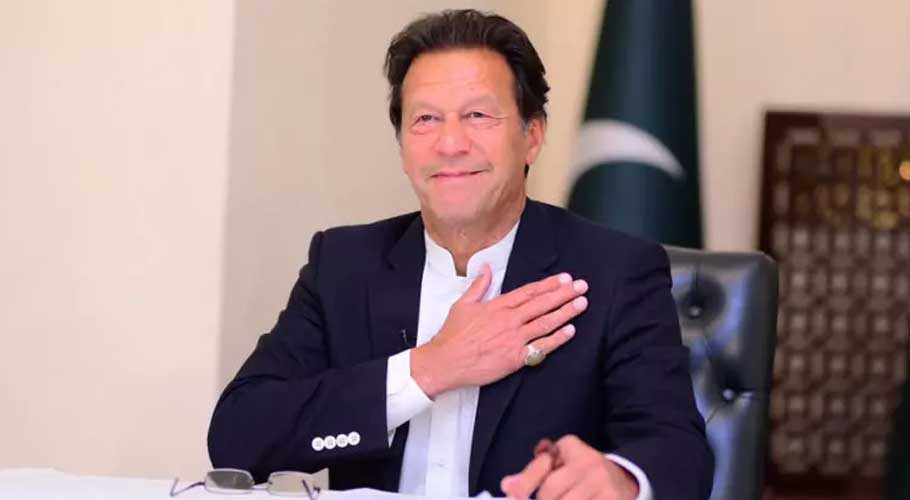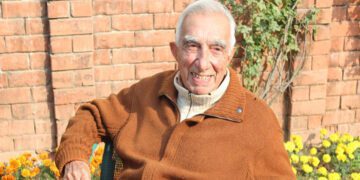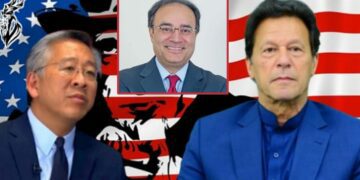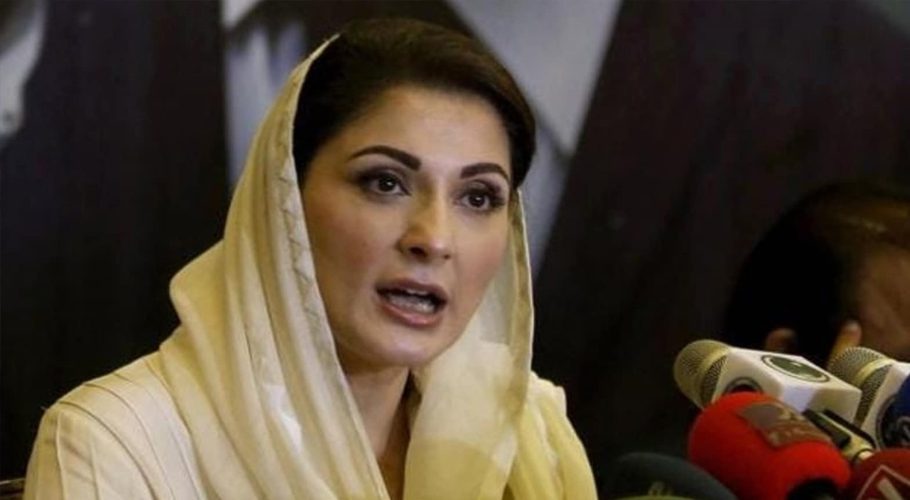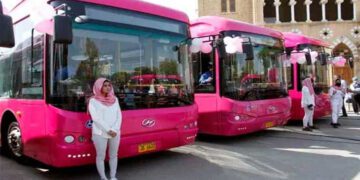![]() Follow Us on Google News
Follow Us on Google News
Prime Minister Imran Khan secured a vote of confidence in the National Assembly on Saturday (today) following an upset in the Senate polls on March 3.
After the passage of the 18th Amendment, this is the first time a prime minister has undertaken such an exercise in the country. The exceptional session was called as the premier voluntarily sought a confidence vote after the government’s recent setback in the Senate election.
The premier needed 172 votes to win the confidence vote. Announcing the result, NA Speaker Asad Qaiser said Prime Minister Imran had been elected to the post with 176 votes three years ago. Today, he has secured 178 votes, Asad Qaiser said.
Show of strength
Earlier this week, Prime Minister Imran had announced that he would seek a vote of confidence from his party’s legislators, While the ruling PTI made gains, it experienced a shocking upset on the Islamabad seat where Pakistan Democratic Movement’s (PDM) candidates Yousuf Raza Gilani secured 169 votes, beating the government’s nominee, Dr Hafeez Shaikh, who bagged 164 votes, meaning that several ruling alliance MNAs had voted for the PDM candidate.
16 MNAs sold vote for money
On Friday, PM Imran met the National Assembly members from the ruling Pakistan Tehreek-e-Insaf (PTI) as well as the alliance partners.
On this occasion, PM Imran said that 16 treasury members sold themselves for money in the Senate polls he advised the politicians they were free to decide on the call of the conscience however, added selling vote for money was not sensible.
Stressing honesty, PM Imran told the lawmakers: You have been sent to the parliament by the people who trusted you with the vote. You decide on the call of the conscience although it is injudicious to vote for money. Openly speaking, 16 of our members sold themselves for money, PM Imran informed lawmakers.
PDM boycott National Assembly session
The PDM parties have boycotted the NA session asking the prime minister to resign immediately as it has lost the trust of the house.
Soon after the National Assembly reaffirms confidence in the prime minister, Jamiat Ulema-e-Islam (JUI-F) Chief Maulana Fazlur Rehman announced that the PDM rejects the confidence vote. The PDM chief said the Constitution evidently stated that the president can summon an assembly if he believes that the prime minister does not hold a majority.
He said that they don’t accept today’s Assembly session, nor do they accept the confidence vote. Supervising, Fazlur Rehman said that he knows which agencies watched the members of the assembly the entire night.
Rehman alleged that lawmakers were forcefully made to vote for Prime Minister Imran Khan. Meanwhile, PML-N Vice President Maryam Nawaz said those who had saved a fake Prime Minister in today’s vote of confidence had openly come out in front of the nation.
The PML-N leader claimed that the trust vote taken by Imran Khan had no value and it was a failure because “you’ve taken it from your members at gunpoint”. She said the whole nation as well as PDM rejects the today’s confidence vote.
Why boycott the session?
This was a very important occasion when the opposition could express their views and openly say that Imran Khan! We do not trust you as Prime Minister. You leave the seat.
By boycotting today’s NA session the opposition has left a big question and might they involved in wrong practices including horse-trading and vote-theft.
It is clearly understood that money was being collected in the run up to the Senate polls for the buying and selling of candidates, sadly yet the Election Commission of Pakistan said a free and transparent election was carried out.
Electoral reforms essential
Sadly, we have been earshot allegations of manipulation in the electoral process since the polls that were held in 1970. Pakistan faced various hindrances to the process of strengthening democracy due to corrupt practices.
This includes, among others, a regular intrusion of non-democratic forces into the civilian domain, pitiable performance of the authorities, causing the removal from office of a democratic system and brittle party structures in the country.
It is essential for all politicians and institutions to realize that electoral reforms along with policies may focus on greater civil-military support.

